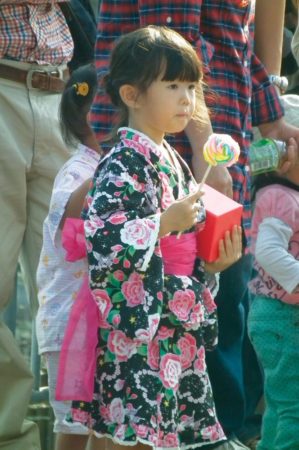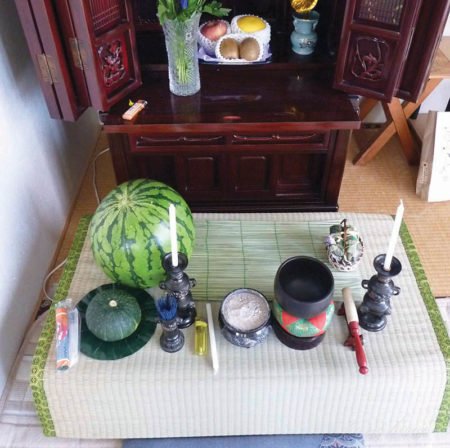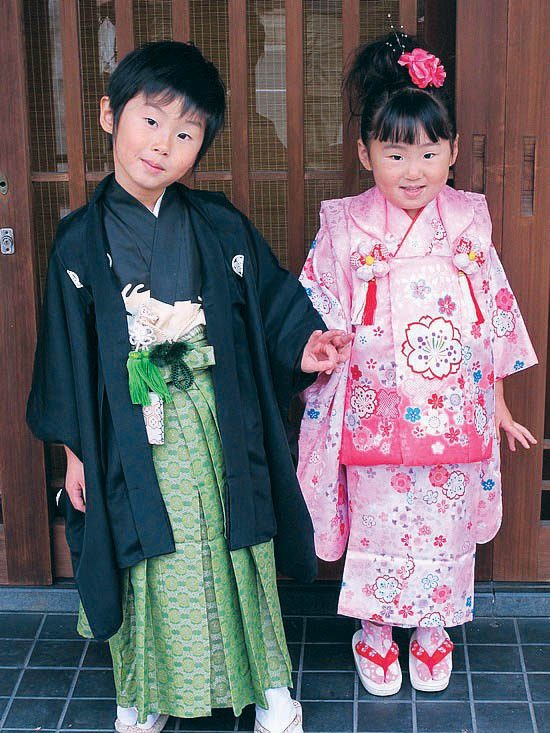It’s 10:53 p.m. Neon street signs flash orange, blue and green through the curtain into the small apartment bedroom where Kazumi lies, eyes wide open, on her futon on the floor. Daughter Manami, age seven, has been in bed since nine o’clock, but as husband Tadao typically comes home about this time and gets to bed before midnight, she waits up for him. However, they will likely exchange few words beyond what is necessary at that late hour. Their nine years of marriage have offered little time for deeper conversation.
For consolation, Kazumi turns her mind to happy memories: their wedding day. She and Tadao were planning on a “Christian” (in other words, Western) style ceremony, as was common among their peers, but Tadao’s parents voiced their desire for a traditional Shinto ceremony. Selfishness and disharmony are of no value, so the couple agreed to his parents’ wishes without further discussion. It was a wonderful day. They were hopeful then.

Her thoughts shift to last August when she, Tadao and Manami traveled by bus and train to her parents’ home to join other siblings and their families for the Obon holiday (of Buddhist origin) to honor the spirits of their ancestors. It was a happy reunion. She helped clean the tamadana (soul shelf/household altar) and enjoyed preparing the ozen (special food for the occasion) with her sisters as an offering to share with their ancestors.
As sleep begins to take over, Kazumi’s mind turns to this past week when they took Manami to the Shinto shrine. Her in-laws had joined them, too, for Manami to receive a blessing from the priest. They had done this one month after Manami was born and again when she was three and five years of age.
It’s 11:10 p.m. Tadao is still at his job – a little longer than the typical 14-15 hour office workday. He and his coworkers are waiting for their superior to finish up and leave. Finally, the boss departs from his office; they say a cordial good night to him and only now can also leave. It’s like this most nights: though officially Tadao’s job is less than 40 hours/week, he, like so many in the Japanese work force, puts in another 30-40 hours. Loyalty to the company and work team is valued well beyond individual preferences, so long hours are expected when other members are also working them.
11:21 p.m. After descending many stories to ground level, the group of office workers, wearing their dark suits and ties, pours into the clean but busy, well-lit city street. They have decided to have a drink together in one of the many bars open and frequented at this hour by scores of other workers from the city’s large business district. After a short visit in which they exchange a few laughs about karoshi (working oneself to death), Tadao excuses himself and walks wearily to the subway station. The train arrives punctually, slides open its doors, and admits Tadao to a carriage half filled with tired workers. Many doze, catching a few winks while their bodies subconsciously try to maintain posture in the moving train; others slump acceptably against their sleepy neighbors. No one listens to loud music, carries on a conversation, or talks on their phones: everyone respects the need for quiet. The subway efficiently drops Tadao five blocks from home.
At 12:15 a.m. Tadao slips into their small apartment, leaves his shoes in the front passageway, and quietly walks across the tatami (a common mat floor). After carefully washing up and preparing for bed, he crawls into the futon next to sleeping Kazumi.

By 6:45 a.m. Kazumi and Tadao are up to get their daughter ready for school. Kazumi prepares their breakfast of white rice, vegetable soup and fermented soybeans. An hour after rising, Tadao is on his way back to the office. Before walking Manami to her school, Kazumi habitually goes to one corner of the living room and takes a few moments to straighten the kamidana (a small Shinto shrine) and light a stick of incense to place carefully there as an offering. Kami (spirits/gods) are thought to inhabit all things and, while Tadao has little time for such things, Kazumi performs various rituals like this to honor the various kami, obtain their favor and avoid harm.
Less than 1% of Japan’s 126 million Japanese know Jesus. Racially, culturally and ethnically, the Japanese are one of the most homogeneous people groups in the world. The Japanese worldview is shaped by beliefs, values and practices that may combine Confucianism, Shintoism, Buddhism, ancestor worship, and even some aspects of Western religious forms, but most Japanese – if you asked them – would not identify themselves with any religion. They are Japanese.
Please Pray For This Unreached People Group
- Ask the Lord to call laborers to go and share Christ with the Japanese, and to be persistent and enduring in their witness.
- Pray for meaningful relationships in which Christian business people will have openings to share about following Jesus.
- Ask the Holy Spirit for receptive hearts among the Japanese toward the Good News of Jesus Christ.
- Pray for Japanese Christians to grow individually and corporately as they live out their faith; may the church have many opportunities to share the love of Jesus with families and friends.
- Ask the Lord to raise up strong local churches in Japan and help them to grow in fellowship with other congregations.
